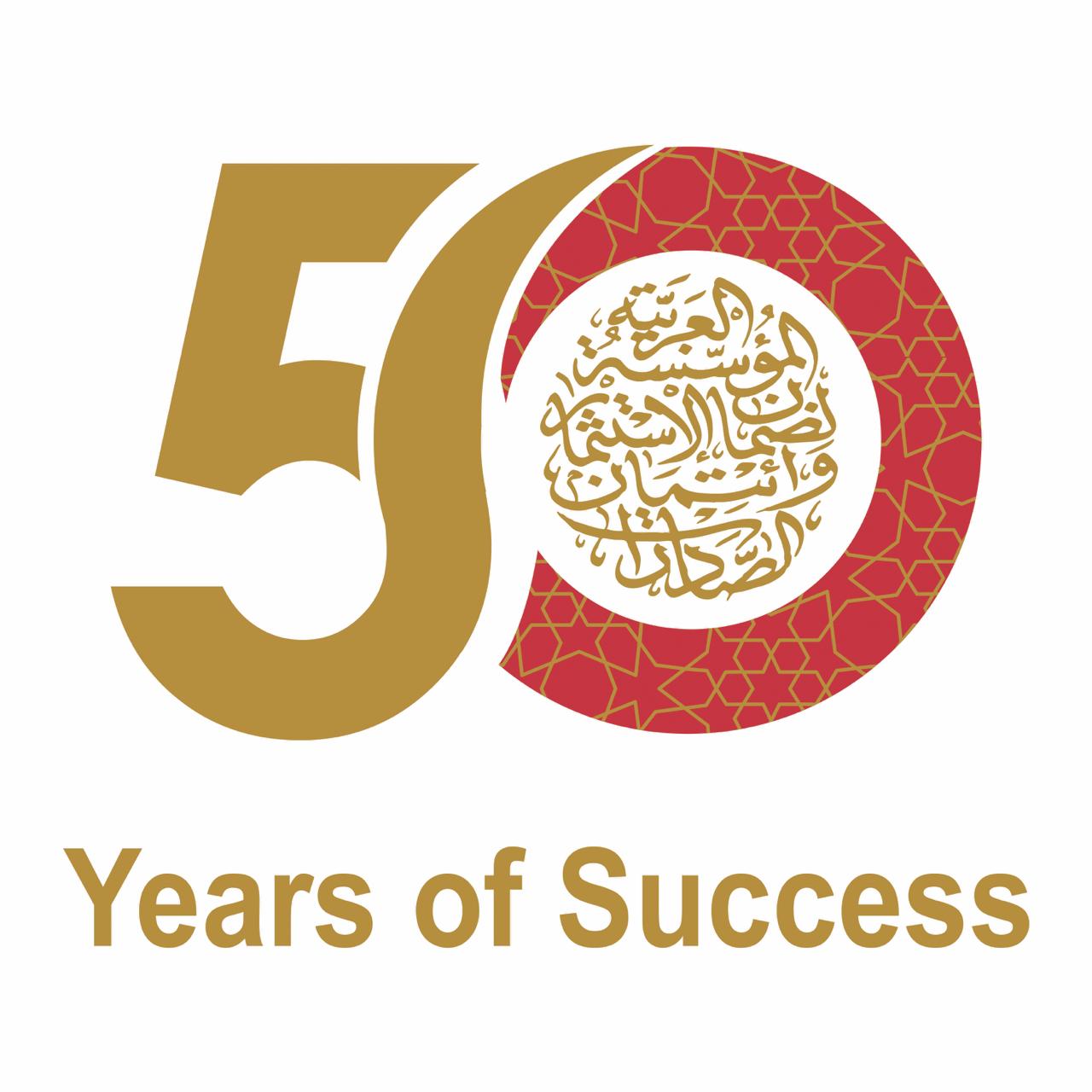home / News & Media / The corporation launched its 38th report on the Investment Climate in Arab Countries for 2023
The Arab Investment & Export Credit Guarantee Corporation (Dhaman) unveiled that the number of foreign direct investment (FDI) projects into the region during 2022 increased by 74% to 1617 projects, and their Capex by 358% to $200 billion. FDI projects were concentrated in Egypt with a share of 53% of capital expenditure (Capex), and in the UAE with a share of 57% of the number of projects. This has brought the cumulative value of FDI projects in the region over the past 20 years up to $1.5 trillion through more than 16000 projects that created over two million jobs.
The Corporation’s Director-General Mr. Abdullah Ahmad Al-Sabeeh said in the editorial of the 38 annual report, which was launched at its headquarters in the State of Kuwait, that Dhaman’s monitoring of 155 composite indicators and sub-indicators issued by over 30 international agencies, revealed changes in the global ranking of Arab countries in four main groups (political, economic, regulatory and production factors) that are related to the investment climate in the region’s countries during 2022 as follows:
The Director General noted that recent improvements in Arab countries’ rankings in international indicators reflected positively on the number of FDI projects and their Capex in the region. He expected this robust performance to continue in 2023 due to the hike in the region’s FDI projects, based on the FDI Markets database, by 28% and their Capex by 70% to hit $74 billion during the first four months of 2023, compared to the same period in 2022, especially if the regional political and economic situation improves and the negative reflections of the Sudan conflict and Russia-Ukraine war diminish.
According to the report, Egypt topped the list of FDI destination countries in terms of the Capex with a value of $107 billion, making up 53%, capitalizing on the gigantic clean and renewable energy projects that were pledged during the climate conference in Sharm El-Sheikh. It was respectively followed by Qatar with a value of $29.8 billion, Morocco with $15.3 billion, Saudi Arabia with $13.2 billion, and the UAE with $10.8 billion. The UAE was the key Arab gainer in view of the number of projects, with around 923 projects. As for sectors, renewable energy was the leader in terms of the Capex with a share of 60%, while the software sector was at the forefront in the number of projects with a share of 23.4% of the total.
Al-Sabeeh noted the continued growth of inter-Arab investments during 2022 after the number of inter-Arab projects went up by 84% to 245 projects, and the Capex by 623% to $45.6 billion during the same year. Egypt was the top destination country with Capex of $35 billion and a share of 75%, involving 50 projects, mostly in the renewable energy sector, while Saudi Arabia was at the forefront of the list in terms of the number of projects with a share of 25%.
In this context, Al-Sabeeh underscored that “Dhaman,” the world’s first multilateral investment guarantee provider, is expected to celebrate its golden jubilee soon. As of the end of June 2023, the cumulative value of its guaranteed operations had reached approximately $27 billion. Al-Sabeeh stated that “Dhaman” will continue to work towards improving the investment climate in Arab countries and promoting Arab exports to the rest of the world.
The Director General emphasized that it is important for the region’s countries to put an integrated fast-track blueprint in place to improve the investment climate with its diverse political, economic, and institutional components amid growingly intensifying competition among world countries to draw FDI to their various sectors, especially in light of the ongoing regional and global political and economic conditions.
Al-Sabeeh thanked the different official liaison bodies, investment and export promotion agencies and relevant entities in the Arab countries for their cooperation with the corporation for the completion of the report in its current form. He hopes that this report, among the corporation’s other activities, in addition to national efforts exerted, would contribute to promoting Arab countries in order to attract more inter-Arab and foreign direct investments.
